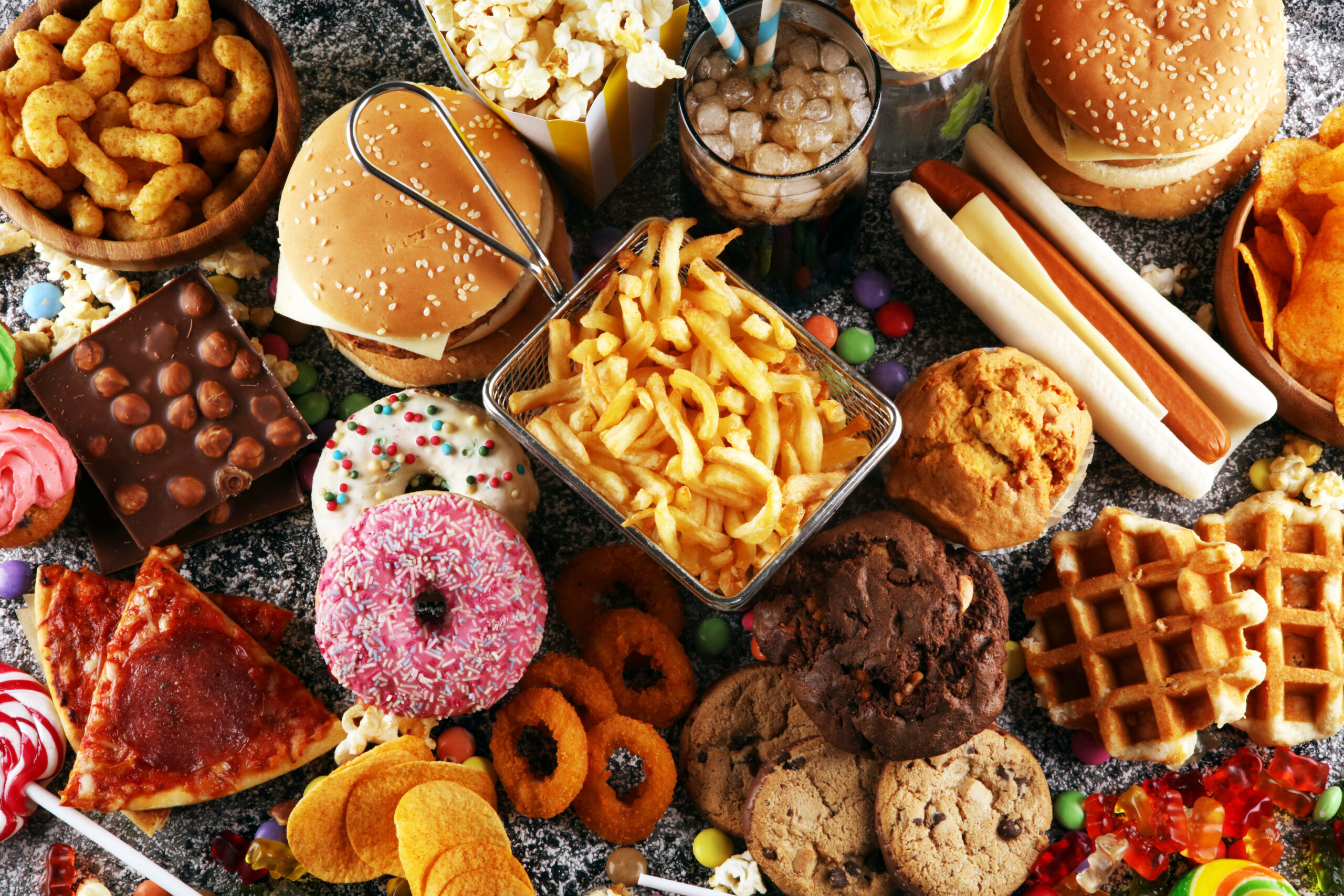It is no secret that highly processed and “junk” foods are bad for the body. Many experts and nutritionists often encourage people to avoid such foods for their negative side effects. Research on what specifically consuming them does to our organs and bodies is continuing to be researched and tested, and these findings only verify these claims.
One study led by Dr. Kiara Chang in the UK defines these processed foods as “industrial formulations made by assembling industrially derived food substances and food additives through a sequence of extensive industrial processes.” Some infamous examples include high-fructose corn syrup and preservatives. The study claims that the way that our bodies digest and process foods for nutrition and energy are not the same for processed foods.
It can be understood, however, that not everyone has the means and time to cook their own nutritious meals on a regular basis as these processed foods are highly marketed and often much cheaper than the alternative. This can be of concern for populations in America, where 57% of the average American’s diet is sourced from ultra-processed foods according to Marjorie McCollough of the American Cancer Society.
Image of fast food advertisements
Image Source: David McNew
In order for Dr. Chang to grasp the correlation with processed foods and cancer, the same study was conducted by analyzing over 200,000 participants. Data was collected by filling out questionnaires about their diet and records were kept on who would eventually develop cancer and health complications from it. This study continued for 10 years and what was found was that the more processed foods one ate, the higher their risk for cancer.
Eating processed and highly palatable foods has been linked to obesity and excess body weight, which, in itself, is linked to at least 13 different cancer types according to McCollough. These foods tend to be higher in sugar, refined grains and fat, and impact metabolism differently, or the way your body converts food to energy.
Other possible causes of cancer from these foods come from chemicals such as BPA (Bisphenol A used in plastics) and PFAS (Poly- and Perfluroalkyl Substances) which are endocrine disruptors. This means that the hormones and natural chemicals your body produces to function cannot do so normally and may affect organs and lead to cancer.
So while the American Cancer Society recommends following a diet that includes a wide variety of fresh vegetables, fruits, legumes, and whole grains instead of sugary drinks and processed foods, maintaining this diet can be difficult and expensive.
While no amount of fresh or homemade food will ever fully remove the risk of cancer, it is one step and lifestyle change that many can try to make in order to benefit their long term and future health and lower the risk of cancer.
Feature Image Source: beats_










